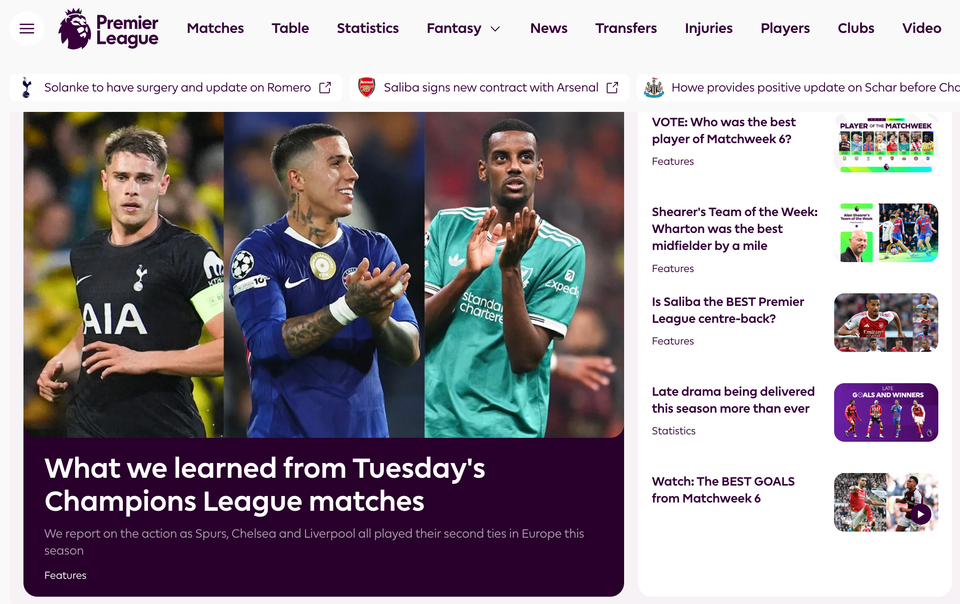PR: Small is beautiful
I know from the email and calls I receive that there are a lot of mobile related companies out there thinking about engaging PR. I mentioned this in passing to the team at Infomob and when we were discussing sponsorship, I asked Tim to take some time and write a viewpoint.
Here it is:
—————————
Unless you’ve engaged the services of a PR agency in the past it’s unlikely that you really know what to expect, and are therefore unsure what return you can expect from your spend. This can be daunting and often lead smaller companies to put off committing budget to PR, viewing it more as a ‘nice to have’ service enjoyed by players further up the food chain.
At its broadest definition, PR is the business of reputation. The fact is that if you have a business, then you have a reputation which outwardly is viewed by your competitors, customers and potential customers. Make no mistake, big decisions are made and battles won and lost based on reputation.
You may wish to put your hard won marketing budget in to advertising or exhibiting at a trade show. But marketing is a complex beast and depending on what it is that you are trying to communicate and to which target audience(s) its worth considering what the options are.
PR can help you communicate with your audiences in a much more effective way than the myriad of advertising options that are available to you.
So where does the real value come from in PR? Ask yourself this: where do you glean your industry information from when you are researching a new customer, your competitors, a partner or the complex issues that shape the mobile space? Do you look at adverts, read sales literature or digest editorial, blogs and analyst reports? The answer is probably all of the above.
Through the use of various tactics, PR helps you penetrate this other, non-advertising world. Advertising will deliver a valuable single ‘hit’ in one publication (albeit paid for) whereas a well targeted PR campaign gives you the means to reach every publication, analyst or industry peer that populate the audience that you are trying to touch. In short it delivers significant economies of scale and may not be as expensive as you think.
A good PR agency will be able to identify stories, angles and news hooks that perhaps you hadn’t previously had the resources to explore. Turning these gems of information in to useful communications with your audiences is an art in itself. Moreover, a good PR consultant will be able to do this in a way that accounts for the needs of journalists. This could be as simple as providing a press release to deadline, as an exclusive story or helping line up comment from an analyst to add gravitas to a particular story.
There are a multitude of PR agencies out there so before declaring that you are fully comfortable with engaging the services of an agency, its worth considering a few pointers before getting involved.
Is your agency a specialist in your field or do they have a broad loosely connected client portfolio?
There has been a trend over the past few years for agencies to get smaller and specialise in various sectors. This is often an excellent and more effective approach to communications and the benefits are clear. For example, a general IT agency will have to keep abreast of many more industry issues, journalist contacts and events. At any given moment they might be ‘PRing’ security software, a Linux OS company and a mobile billing platform provider. You can expect a specialist agency to have a deeper understanding of the issues and better journalist relationships in any given sector such as mobile. (Ahem!)
Does the culture of your company match the culture of the agency that you are hiring?
Some PR agencies work almost exclusively with blue-chip companies and have a very corporate culture where dress down Friday means leaving your tie at home. If your culture is more ‘jeans and trainers’ then you might want to match this to the agency that you get involved with. Getting the most out of your agency will in part depend on building a good relationship with them. It stands to reason that if your respective cultures fit then you will get more out of your agency.
Do you have the internal resources to manage the relationship with your agency?
Getting the most from your agency will also depend on how well you manage them. For a small company this can be tricky as giving up time to PR meetings, journalist briefings and interviews or to brief your agency on the next press release, or just taking time out to give thought to an industry issue, all takes time. The more time resource that you have to commit to PR, the better the long-term dividends will be.
PR per se has grown to be an important and cost effective part of the marketing mix that needs to be considered as an important investment. With the right agency and commitment of internal resources, the benefits can be phenomenal. Wasn’t it Microsoft Group vice president for marketing Kevin Johnson who famously said: ‘If I only had one marketing dollar left to spend, I’d spend it on PR.â€Â
—————————
Thanks Tim!
I’ve asked him and the team at Infomob if they’d step outside the standard remit one might traditionally expect of a sponsor. Before we ever hired a PR company I was extremely nervous and rather bewildered at the prospect of doing so. I knew we were missing out but… I didn’t really know what to do about it. I’d done some web searches and found a few sites I liked, but I didn’t want to phone anyone in case I got a hard sell, or … to be frank, in case it was too expensive and I ended up looking a bit silly. I finally bit the bullet and recognised that if you’ve got at least £500-1,000 a month spare in your budget, it’s worth considering PR. I had no idea where to begin though.
With experience in mind together with the range of enquiries I’ve received recently, I asked Infomob to extend the following offer:
If you have a question, a concern, or an idea — or if you’re wondering how PR works, but haven’t wanted to call anyone for whatever reason, here’s an opportunity. Pick up the phone and call Tim there on 0870 765 2564 or drop him a mail on tim(at)infomob.co.uk. Tell him you read this piece and you’d like to have a chat. He’s agreed to set aside 30 minutes for you and talk to you about what you’re looking to do — no cost, no obligations. He’ll also do his best to recommend people you might speak to and possible ways of reaching your objectives.
Tim isn’t always around, so you might find yourself talking to Steve (boundless energy) or Sarah (capable and delicious).



